Counterpoint
Trilliant Health | October 14, 2022Cut the $hit Podcast | Predictive analytics for healthcare
[50 MIN LISTEN]
Trilliant Health’s CEO, Hal Andrews spoke with Bryan Link on the Cut the $hit podcast about predictive analytics for healthcare.
Bryan Link: Welcome back everybody; you're listening to Cut the $hit - the podcast series that aims to take a closer look at the impact of the IT industry, both the good and the bad. Cut the $hit is brought to you by Plow networks, a managed IT services company, based just outside Nashville, Tennessee. I'm Bryan Link, EVP of Products and Services here at Plow, and I'll be your host for this series. I'll ask questions and with the help of our guests try to dig deep into some of the key challenges we all face dealing with IT. So with that, let's cut the shit and get started. On today's episode, I'm really excited to have healthcare technology executive Hal Andrews as our guest. After working as an M&A attorney in the early '90s, Hal became active in the Nashville early-stage healthcare scene in the mid-'90s -- and never stopped. After successful stints at a number of healthcare services startups into the mid-2000s, Hal moved into the data analytics space in the late 2000s, where he continues to focus his efforts. Since 2017, Hal has served as CEO of Trilliant Health, a data engineering and predictive analytics company focused on helping healthcare providers leverage evidence-based insights, so they can do a better job of investing in the right growth initiatives. During our conversation, we dive into the impact the internet and distributed computing has had and continues to have on health care delivery, the way providers are adjusting to the increasing consumerization of health care, and why he is cautiously optimistic about the ability of predictive analytics to make health care better. Now, I would be remiss if I didn't mention that in addition to his day job, Hal also happens to be one of my closest friends. I am both grateful for his friendship and his willingness to share his insights with us today. I hope you enjoy my conversation with Hal Andrews.
Hey, Hal, it's good to see you again. Before we get into the meat of the discussion, how about we start with you giving us an example of the most interesting use of technology or a hack in healthcare that you've seen or heard about from clients or colleagues, or even in your personal experience? Over the last few years, there's been a lot of crazy things have happened. So, I figure you might have had a first-row seat to something that was surprising or interesting.
Hal Andrews: Well, I think the biggest thing has been distributed computing, which started more than a few years ago, but my crew tells me that it was the Netflix prize in 2006 that got people going on the power of distributed computing. That, in a nutshell, is everything. There's a lot of talk about big data out there and machine learning and artificial intelligence, and my guys assure me that data science is the easy part; data engineering is the hard part. I think the thing for this century is being able to do distributed computing at scale. Maybe the biggest innovation is what Data Bricks has done, and spark allows you to process massive amounts of data at speed.
Bryan Link: That's fair, that's fair. I always like to start with some sort of warm-up. Back in the days when no one was traveling, I was like, so where are you? You know, have you gone anywhere? I don't need to ask those dumb questions anymore. Because even Joe Biden said that the pandemic is over, even though I know there are a lot of people walking that back. I mean, COVID is still around. But, you know, we've sort of lost what the definition of pandemic means (not to get weird about it). To help us kind of get started, and for the audience's sake, Hal and I are friends. We've known each other for a good while, so I already know your resume. But if you could just give us kind of a thumbnail sketch of your background, as we've joked before, we’ve both had a lot of jobs, so you don't have to go line by line on the resume. But kind of walk us up to and maybe emphasize a little bit of where you are today.
Hal Andrews: Well, I'll give you two versions, one is my wife's version. We will be married 25 years in November, and she said that I've had 13 jobs. I asked her if she went to yoga and played tennis today, and she said 'yes', and I said, okay, don't worry about it. I started as a lawyer in the early 90s in Nashville; I thought that I was going to be a music business attorney because I had grown up in the music business. The law firm that I got to represent at an HCA and surgical care affiliates and Fi-Core, and they said: “that's great, you can do that at night but during the day, you're going to do mergers and acquisitions for healthcare companies...that's what we're going to pay you to do.” So, I said, great. For three years, I chased the music business at night and did hospital M&A during the day, and in ‘95, I picked the guy who nobody's ever heard of named Daryl Dodd, and I laughed at this guy whose mixtape I heard for a song called “Indian Outlaw” and said, Tim McGraw, it's never going to make it just because he's the son of a major league baseball player, which is how I got in the healthcare business. So, I worked in health care services startups from '96 to 2007. Then in 2007, took over a small data analytics company and we turned it around and that's where we started building the crew that is still around today. This is our fifth time in healthcare analytics or technology and at this point, the crew is about 25 people who've been along for at least two of the journeys, and a couple of people have been along for as many as four. So, from 2007 to today, it's been clinical data and strategy data for healthcare.
Bryan Link: As I was preparing for this conversation, I had a pretty good sense of your career, but hadn't thought about it in meta terms...not that our careers necessarily have a theme. I mean, I know mine doesn't. I've been trying to figure out if you were to ask my wife, you'd get probably the same sorts of answers. I don't know what the hell he does, he seems to be figuring something out. I guess that's all you can ask for, but I was thinking about your career path, and as someone who's been in technology, in a totally different way, for a long time, it seems to me that when I think about your career, there's three parts: there's the law part, which was more of the entree, that was an early part, then healthcare services, then really data analytics and the applied data analytics in the healthcare space. Maybe, because if you're going to work in a regulated industry, it helps to understand the law, because regulation is written by lawyers. From that standpoint...
Hal Andrews: and 22-year-olds who just graduated college?
Bryan Link: Well, right, both of them are dangerous in their own ways. It seems your career path has tracked what I'd call the opportunity space created by connectivity and data processing. Those two revolutions that have happened over the past 20 or 30 years, even goes back really into the late '70s, and early '80s, but certainly in the '90s forward. So, let's call that the internet plus mobility plus cloud sort of revolution that we've seen. Is that a fair characterization when you think about your career arc?
Hal Andrews: I think it is, and it's not a way that I've ever thought about it in terms of what I was doing - back to your comment about, what are you doing in your career? For me, it's always been the follow the muse, and sometimes the muse takes you to places where things aren't really “proven out” or fully developed. If we go back to '96, the first services company I went to, was developing ambulatory surgery centers in very rural parts of the US, places that people have never been or heard of, like Wartburg, Tennessee, and DeFuniak Springs, Florida. Now, some of them we got right when we got to Cedar Park, Texas in '97; there was one doctor in Cedar Park, Texas, and now there are two hospitals, as Austin has just grown over the top of it. In trying to deliver care to rural areas, we were relying on technology to do that, because we couldn't meet the staffing requirements for specialists. For instance, you couldn't get a radiologist to go to Wartburg, Tennessee, and so you had to figure out how to get a scan back to Nashville for a board-certified radiologist to read it. In the early days, we were moving CTs and MRIs over phone lines and sometimes it made it all the way through, and sometimes it didn't. Dial-up internet was hard enough, but dial-up MRI scan is super hard.
Bryan Link: That's interesting, I was thinking about that. My career and yours are different but there are parallels in the early days of what we were trying to do: financial planning on the internet, and just trying to figure out how to gather information and get it from the person to the system, and to be able to analyze it was along the lines of what you just said, and this is early 2000's. So quite a bit of progress in terms of - I'll call it broadband, it wasn't broadband yet. But in terms of capacity (bandwidth) availability for folks. It's a nightmare for things to successfully complete. That's something the young folks who work for you and me can't even understand that. That's hard for them to even imagine. You say things about waiting for a webpage to load, and they don't know what you're talking about, they just assume it was broken. It's like, no, no, that's actually how it worked. Watching that change, you've had this really interesting perspective when you think about these core technologies. If you can kind of take that late '90s to early, we'll call it 2010. That's a big change in what core technologies could do for a healthcare company, for anybody, really, a media company, a manufacturer company, didn't make any difference, right? These were, were fundamental technologies that could be applied in a bunch of different ways. What are some of the impacts you think of? Can you give me a couple of examples, maybe both good and bad, of some of the impacts you witnessed on the healthcare industry, from these changes, in connectivity and data, the ability to process data in a distributed fashion, because there were already big mainframes people could process data, but it had to be on-site right there. So really distributed data capability and connectivity, maybe some impacts from that, that you have seen?
Hal Andrews: I think the interesting thing about technology and healthcare is that you can often see it at the individual patient level. So, back in the '90s, from sort of '96 to 2000 at the company that was doing the surgery centers, and then following that with the company that was doing the radiology, we were enabled to do clinical reads of severe illness for people who were in very remote areas in the middle of the night. It seems like a small thing, but I remember a case for a patient in Gadsden, Florida, which is sort of a no man's land between Pensacola and Tallahassee. They were in a car wreck, and they needed a radiologist in the middle of the night. Through technology, we were able to get a Vanderbilt-certified radiologist to look at the scan and give the caregivers on the ground and Gadsden instructions about how to treat the patient at 3 am. Even five years prior, you couldn't get the scan moved from one place to another. We started on phone lines; I remember one day we found out that a company called MCI was going to deploy what was called a frame relay and that was going to be a big jump forward. Now, everybody has a computer in their pocket. But in '99, that was a big jump. When you think about the power of distributed computing, we worked on a project at another company for HCA, where we would, using NLP, read the pathology reports and the radiology reports as soon as they landed at HCA to look for evidence of cancer. There's a case that I know HCA told the US Senate about a young female I think she was 26 or 27, who had been in a car wreck. She'd come into the emergency department to rule out a broken ribcage. In the radiology report, the radiologist noted what's called a secondary finding - a mass on the lung. Before she even got out of the emergency department, they had her come back in, and they did a scan of her lungs and determined that she had cancer, and they were able to start treating her two days later. Absent sort of fluky nature having a radiology scan for a car accident and technology, she might have gone weeks or maybe even years without being diagnosed. I'm skeptical that technology can solve all the problems in healthcare, but there are some great examples of how it can change an individual's life positively.
Bryan Link: Well, it's interesting because we've talked specifically about technologies related to how it might change on the provider side, but obviously, the same technologies have hugely impacted consumers in terms of the way they interact with everything around them, whether that's from media, to healthcare, to banking, etc. And so, I would assume you know, I've been doing some reading about Trilliant. You guys are the consumer-focused nature of healthcare... at least the implications are the burgeoning impact of consumer-driven preferences and choices, and how that plays a big role in health care. This is something I understand that you guys spend some time thinking about. So, I'm just interested to hear... I'm guessing that consumer behavior has changed dramatically, as a consequence of technology. How do you guys see that playing out? And where do you see where a provider is maybe doing a good job of dealing with it or using it as an advantage as opposed to it being seen as a problem? Because that's oftentimes the perspective of consumers. All these consumers think they know everything, now they’ve got all this information. You know, there's a lot of power in owning or controlling information. And in this case, it's, you know, there's very little control of information anymore in any business. And I'm guessing healthcare is no different. I've talked too much, hopefully that made some sense.
Hal Andrews: I think that also goes back to the mid-90s. I think the Internet browser is the thing that, in hindsight, has caused the change in consumer behavior. And it is the access to information. I think before the internet was accessible to the public, people were conditioned to do whatever their doctors told them to do. And what their doctors told them to do was limited to what their doctor knew. I think about my father and my grandfather who were physicians, who were good physicians, and they were conscientious physicians, but there was only so much information that was available to them the entire time they practiced. With, the internet, you have access to information for providers, you have it for patients, you have it for payers, you have it for life science. And I think, certainly just the availability of information changes behavior. The second parallel, I would say is, what healthcare is experiencing now, is the fact that they are lagging behind what other consumer-focused industries do in terms of data. And so, Amazon's an example, Netflix is an example, Walmart's an example....
Bryan Link: ...true direct-to-consumer providers, though.
Hal Andrews: People who really have a relationship with consumers understand those consumers in a way that healthcare has never had to. It certainly fits and starts for healthcare. There are different parts of the healthcare industry that do a better job with that than others. Probably Pharma is the most obvious in terms of targeting commercials. I've noticed that my Sunday afternoons are filled with fewer commercials for beer and more commercials for drugs. And so, they've clearly dialed in my age on my cable provider. But I think there's more information about choosing providers, and there's more information about cost. As other industries have exploited their knowledge of consumer psychology, that's starting to seep into healthcare as well. The way we think about it is that there are certain people who are “clinically identical,” but whose psychology or psychographic profile is wildly different. There are other people who are “psychologically identical,” and “clinically different.” We're at the beginning, from a healthcare perspective, of understanding that, and then targeting messages to consumers based on that information. Amazon's been doing it for a long time, and the Democratic National Committee and the Republican National Committee have been doing it for years. There are some basic things that Procter and Gamble do that are new to healthcare. We're just beginning to scratch the surface of those things.
Bryan Link: What are you seeing, are there particular subsets of healthcare that are more amenable to this approach? Or is it an “aha moment” across the board? I mean, you've got third-party payer “issues” you know, in a sense. Your healthcare provider does not have a direct relationship with you as a consumer, but you don't pay them if you're insured, right? Or you pay a part of it. But, you know, that's a strange relationship, as compared to say... an Amazon, or a Netflix, or a Walmart. If you're going to shop at Walmart, you either go to the store, or you go to Walmart.com. And you're the only show in town, you give them cash or a card. And that's it. And as everyone who's had health insurance knows, health care's not that simple. I'm just curious, are there segments or areas where you're seeing more interest in this than less? I'm just curious about the perspective on that. If so, why?
Hal Andrews: Well, the immediate focus on the provider side is that the patients haven't returned to historical volumes pre-pandemic. And there's a big focus on the provider side of... “where the patients go?” And “why haven't they come back? (Where are they?) Are they coming back?” I think the sort of “aha moment” that we see for health care providers is analogous to grocery stores. As much as the health systems wouldn't like it to be, there are certain things that, you know, I'm happy to buy at Kroger. And there are other things that I probably want to go to Publix for. And then there are a few things where I'm just going to go suffer through the line to get at Whole Foods. Healthcare consumers are a lot like that. There are things they will do that are the very basics, like urgent care, where they are susceptible to things like convenience, hours, and proximity. Certain things are very complicated, where they want to go to MD Anderson or Memorial Sloan Kettering. It's really similar to the behaviors you see in other retail-focused areas, but health systems are only now beginning to awaken to that.
Bryan Link: It's interesting, because when you say those things out loud, it seems obvious, because all you have to do (or at least all I do) is reflect on my own behavior and think about myself as a healthcare consumer. I'm not sure that my providers are aware of that in the context of me, right? Certainly, they have never approached it in that way. I live in a city with a large academic research hospital, Wake Forest, and a large outpatient set of providers attached to it. And so, that has mind space here. But to your point, probably a generation ago, they literally sucked all the air out of the room in this market. And that's just not the case anymore, right? Everything from urgent care to online providers to...you know, there's just the stuff that's happening now. It's much more diverse in terms of options from a consumer perspective.
Hal Andrews: Well, that's actually a good example of how technology can lead you a little far down the path and get you stuck. As you know, I've had many surgeries to replace my aching joints. My internist was at Vanderbilt. I had two hip replacements at HCA and two shoulder replacements at St. Thomas. I did all the joint replacements in between primary care visits. And so, when I went to see my internist at Vanderbilt, he said, “have there been any changes to your health since the last time you were here?” And I said, “well, there were four joint replacements.” He immediately turned to his EMR and started typing it in. I had sort of It's a Wonderful Life moment and told him “You know, no, Zuzu’s petals aren't there, I didn't have the surgeries here.”
Bryan Link: There's no record of that here.
Hal Andrews: As in everything, technology can become a crutch. And he thought because they had the leading EMR system that it had everything he needed, when in fact that it didn't have a couple of key data points.
Bryan Link: It's only as good as the information put into it, right? And to your pointed comment earlier about data and data engineering, being the problem, not machine learning or NLP or AI. Not that those things are not, you know, miraculous and improving. But it doesn't matter if you don't have good data. You can release the greatest AI algorithm in the world on a shitty dataset, and you're not going to get much out of it. Right?
Hal Andrews:
That's right, the models can go horribly wrong.
Bryan Link: All right let's talk specifically about Trilliant, since this is where you are now. I know it's been an exciting ride; you and I have talked about it. Having been the kind of person who's worked most of his career in jobs that no one could explain to other people what it was that I did particularly was always hilarious. If I heard my friends or my children's friends, ask them, “hey, what does your dad do?” They never had any idea. Even as they got older the closest they ever came was, “he does something in banking,” and I have never worked for a bank in my life! That was the closest they ever got. At one point, they said I made T-shirts, because our company had T-shirts with our company's name on them. So, that's like straight out of Silicon Valley. They could get that, but they couldn't really get anything else. If I had to describe it to someone, I'd say it's a predictive analytics company that happens to be in the healthcare space. Is that a fair characterization?
Hal Andrews: Yeah, I think it is. We've spent the last five years getting really good at the market analytics, and to your point, getting really good at the data that's in the database. The team we have has produced amazing models in different industries. But healthcare data is really messy. Then, A) to get it to where its normalized, and B) to be able to process it at scale, has taken three really hard years of work to be able to do that, where the models can be informative. We focused on getting the foundation right so that we can start doing the predictions. You know, healthcare is a $4 trillion industry. It's the largest economic engine in the world, except for the Chinese and Japanese economies. The US healthcare industry is bigger than the entire GDP of Germany, for example. And we've really focused on predictions because between the regulatory environment and the cost environment, capital allocation is a really important component to get right. The decisions that people were making are $50 million, $500 million, $2 billion decisions. And we're focused on predictions that allow people to make the best capital allocation decisions they can.
Bryan Link: Of CAPEX (Capital Expenditure) decisions around facilities, the kind of PP and E kinds of decisions, investments in software... what is the nature of those? This is a question that’s more about healthcare than it's about Trilliant. I'm showing my ignorance, but I’m just curious. What are those CAPEX? What does that look like in kind of a range? I mean, obviously, it's all over the place, but in sort of a general range?
Hal Andrews: No, that's all right. A lot of it is around new facilities. A lot of it is around M&A, getting into new markets. A lot of those around the basics of blocking and tackling, if you're a large pharma company or a large medical device company, you want your sales reps in the markets where Clinical Pathology will arise. And we see time and time again, where people have their...if you think about their assets, whether they're salespeople or physician liaisons or, whatever it is, they have their assets misallocated to where the market is. Our real focus is: where's the growth by service line? What is it that you're trying to sell or deliver? And are you investing in the right markets with the right resources?
Bryan Link: And so, in that context, as I think about Trilliant, I had a question (that it's maybe kind of a dumb question now that we've had this conversation or gotten to this point). This mobility...or the idea of mobile computing or mobile access to data, is that an important part of the value prop at this point? Or is this more at the business decision level? So, it's nice, but it's not critical yet. And maybe there's a downstream? Maybe there's something downstream around that aspect?
Hal Andrews: No, mobile is definitely important. I mean, if you think about the healthcare industry; nothing really happens in the US healthcare industry that doesn't involve a provider. A provider, usually a doctor, makes a recommendation, or writes a prescription, or writes an order, or makes a referral. If you're going to influence those decisions, you have to be on the ground talking to the physicians. And we have in our database 2.6 million providers, and our theory is everybody cares about at least one of those providers. And in fact, most people care about 1000s of them. And so being able to be face-to-face with a provider with relevant information to try to influence the conversation is critically important.
Bryan Link: Okay. Obviously, security and healthcare go hand in hand, right? The protection of information is not just an ethical proposition, it's a legal one, right? PHI is obviously heavily regulated in terms of how information, and particularly critical or private information, is handled. What do you guys think about this? Obviously, you've been doing this your whole career, so it's the water you swim in. But, as you know, looking as we've moved into this more, distributed computing large data sets, I'm assuming you've got a bunch of unstructured data. You're hoovering up data from lots of different places and then trying to put some structure around that to be able to run models against. How has the security aspect...how do you think about that? As the CEO, how much of your time do you spend thinking about that aspect?
Hal Andrews: Well, less than I used to. And I think that's another big development in technology. I'm going to put it under the heading of cryptography, but in the past, I'd say the past eight years, “hashing the data” has become the way that almost everybody works with the data. A company called Datavant, which is based in San Francisco, was started by a guy named Travis May, who started a company called Live Round that he sold to Axiom. Travis bought a little company that was hashing the data so that it's de-identified, and then creating a network of people around that data. At this point, we've moved...when I started here, we probably handled...probably 95% of the data was identified. And so, therefore, we were worried about PHI, and then all the security. At this point, it's the reverse. Probably 95% of the data that's in-house is de-identified. It's hashed and tokenized. And, you know, we're...the way we're doing it, there are actually two or three steps in the tokenization process. There's one tokenization process, and then there's some manipulation, and then there's another tokenization process. It would be extraordinarily difficult for someone to even crack the hash. And if they did, there wouldn't be any context for it. So we spend a lot less time worried about that than we used to. But again, that's because of great advances in computing power over the past 1520 years,
Brian Link: Right? I mean, that's, you know...the beauty of cranking on problems, over time, can yield great results, right? And the management of data, and the security of the data, is something that we've seen real advances in. And that's been beneficial to everybody, particularly in spaces like healthcare where the stakes are really high. The flip side of that is the internet itself is an open protocol by design. So, it's not meant to be secure, it doesn't mean you can't drop security on top of it or around it; you can do things to make connectivity less open, but you can't make it closed, in that sense. In terms of access to your data, and managing the sort of the “ecosystem” itself, have you guys been down? Have you guys have been struggling with, or thinking about, or been challenged with things like looking at zero trust protocols or things like that, to make sure, you know, you want to.... Obviously, ransomware attacks are terrible for everyone, but particularly in a space like yours, right? Where if there's data exfiltration, or you know, limited access to information because of an of penetration? Or a, you know, a breach? It's a real problem. Just curious to know what you think about that as the CEO?
Hal Andrews:
Well, what I look at internally is the constant friction between the cybersecurity team, who has promoted a zero-trust philosophy, and the engineers, who are trying to stretch the math as much as they can. And there's constant tension between this open source thing, or that open source thing, or this approach to processing data, or developing new algorithms. Versus the cyber team that saying: “okay, but you know, we have to limit access to this, and we haven't vetted that one.” I don't know enough about the details to really be the judge between them. Where I get concerned is if it looks like there's not a healthy tension. And so, my focus is really on what do I see between the teams, and you know, you don't want them to become enemies, but you do need them to be sort of pushing each other. And then the second thing is relying on the external protocols. So, you know, we're now going down the path of NIST. We've done SOC 2, and now we're going down NIST. That's a big step up. And it's really just trying to allocate resources appropriately to what we should do, versus what the real risks are. And again, because of the abundance of hashing and tokenization that goes on in our workflow, we think that we're at lower risk of those sorts of things than some other industries, you know, like banking.
Bryan Link: Right? I mean, do you have to? Are you guys dealing with PCI compliance? Or do you don't have to deal with that? I'm guessing because you don't do payments, right?
Hal Andrews: One of the things about having a lot of jobs is that along the way, you learn things that you don't want to do again. And...
Bryan Link: That's one of them. Yeah, for sure. Yeah. Me and you both
Hal Andrews: We did that 10 years ago and said, Nope, we're not doing that one this time.
Bryan Link: Yeah, me and you both. I've been there and got the T-shirt and don't want another one. I understand why the restrictions and the hoops are there. But the credit card space and the payment space is...
Hal Andrews: Life's too short for this kid.
Bryan Link: Yeah, me and you both. Alright, well, I mean, wrap it up, or kind of bring us home. You can't really talk about healthcare without talking about the government. I mean, despite maybe the misperception that most Americans have, or at least some Americans, is that we have this amazing free market healthcare system. It's about half and half, right? It's about half government, half private if you look at the spending. So, I'd say we're 50/50. Right. And that and that and that government 50 is heavy in the mix. And as you know, again, you've been working in this space a long time, so you've watched the government. And in this case, the government I mean, we could talk about the regulars, but I'm talking probably more about the government providers. Right? The Medicare and the Medicaid side of the house, the funding side of it. You know, the conventional wisdom is that the government is behind from a technology perspective relative to the private sector. And, you know, I'm inclined to think that, on average, that's true. I don't know that that's true universally. In fact, I'm sure it's not true universally. I'm sure there are examples where that's not the case. But when you look at what you see, from as you think about the government and their sort of technology posture, as it relates to being able to facilitate what they do, you know, where do you see them doing a good job? And where are the same forces sort of at work in a way that's helping them and hurting them in the sense of them being able to take advantage of?
Hal Andrews: Well, I think the first thing is: if you think about CMS, as in really two roles, one is as a funder of healthcare, and two as a processor of claims. And, you know, CMS is really good at processing claims. If you have your Medicare number and you submit your bill when you're supposed to, it is very predictable that Medicare will reimburse you. And Medicare often reimburses faster than commercial plans, like United. And so, I think that they do really well.
Bryan Link: And my assumption is that it has maybe not always been the case, or that they've invested heavily in technology to facilitate that.
Hal Andrews: They have, and in standardization. And so, you know, they do that through the third party, sometimes through fiscal intermediaries. But you know, the one thing the US government can do is enforce a structure on anything. And they've enforced a structure on payment. And if you go back to the source of our material, it is claims data. And as part of...I think it was part of what brought HIPAA along in ‘96. In ‘96 it wasn't so much about privacy and security as it was about an electronic transaction set. And so, there are two large transaction sets in healthcare. The clinical side is HL 7, and the payment side is X 12. And X 12 as a framework for specific messages that go back and forth between providers and payers. And the government's done a good job of enforcing that framework. And they don't really have an incentive to sit on the money, so they don't.
Bryan Link: Right, so there's no real float benefit from them. Insurance companies do understand that?
Hal Andrews: Correct. And, yes, they do. I think the challenge for America and it's not as much CMS as it is sort of where America is, in terms of its thinking about this as compared to Britain. So, you know, and maybe some of your audience does. The National Health Service is a treasured institution in England. And part of that is because they spent the 20s, and the 30s, and early 40s, thinking about what they wanted in the National Health Service. It was the output of literally decades of conversations about what it meant to be British. Healthcare was important and it was established as a basic universal right. And because they decided it was important, they then set up the funding mechanisms. Now, the execution of some of the policies is not as efficient as we would think in America and that manifests in long waiting times and understaffing and that sort of thing, but from a payment-for perspective, the NHS is very thoughtful. I think that the key difference in America is we've never had that conversation. There are a lot of things that come out of Washington about what people want. But there's never been a national conversation for, you know, two hours, much less 20 years, about what we as Americans think. And I think it's that where the government, you know, it's not that the government falls short is that the government can't really be effective, because we don't really all agree on what we're doing. And the reality is that each of us as individuals is basically a potential market share for all of the actors in the system. And just as we age, who is interested in us from a market share perspective changes over time. I think there's a lot of positive energy around how we could be more of a health system instead of a health care system. But absent the, you know, not even 100% agreement, but a consensus...with America as a country, I don't know how we ever get there. And, you know, the last piece of that is that that manifests in... that lack of coordination is what's really impacting state budgets. And so, I believe now in every state, the proportion of the state budget allocated to Medicaid is at least 20%. I know there are a couple of states where it's over 40%. And the real challenge for us is that spending on Medicaid is crowding out all of the other things at the state level, whether that’s schools or roads or anything else.
Bryan Link: And, you know, you've got...the other thing is, I think a lot of people tend to think that state governments are the, you know, the federal government on a small scale. And they are not. It's true, they can float bonds, but lots of states have balanced budget amendments. There are restrictions; there are much tighter restrictions in place at the state level than there are at the federal level, in terms of dealing with, you know, I’ll call them entitlement programs. But government spending programs where costs...I mean, you know...health care costs have been twice the rate of inflation, or maybe not as much as education expenses, but close to it. Right?
The two fastest growing components of spending in the economy, and certainly in from a government perspective. So, you know, you're right. You're dealing with some immovable objects there that are problematic, and lead to crowding out, no question about it. Which leads to a lot of frustration at the individual, you know, citizen level, and yet these forces are still there. Right. And they're very difficult to deal with. We didn't talk about it. And so, I wont...this could be something for us to talk about next time we're together. But because you mentioned it, I was reading something on the blog, on your blog, I think talking about, obviously, the provision of health care through the workplace, as opposed to, you know, as individuals, the way you might buy car insurance or homeowners insurance, is a very interesting, strange political fact of American life. That happened sort of as an accident, and yet, here we are. That to your point around, something that was never meant to be what it is, that has taken on a life of its own. And it has all kinds of incredible distortions, distortionary effects, as well. At one point, if I remember correctly: you were involved in something having to do with employers and healthcare, is that correct? Was one of your companies involved with employers?
Hal Andrews: Well, the original founding company of Trilliant was focused on reaching out to employers and trying to create connectivity between the employers and the hospitals.
Bryan Link: Was that looking at like self-insured employers? Or was it more just a way of trying to manage premium growth?
Hal Andrews: Both. And really trying to get to the health; trying to do the preventative health care to keep people from becoming so sick that they were, you know...it was a long recovery. It was also much more costly than it would have been if they just had preventative care.
Bryan Link: Right, right. Yeah, that's another one. That's, I mean, it's interesting. It's definitely a tangled web we've woven to get to here. And it's interesting, the NHS is instructive in that sense. But, it was probably a political moment in time too, that is hard to capture or replicate in other contexts for sure.
Hal Andrews: Well, it's interesting that the NHS approach came right out of World War Two. And I think what you're referencing is the employer-sponsored tax deduction that came out of...
Bryan Link: ...with wage freezes right? It was they allowed it... they allowed you to do... to do...you know...to do fringe benefits on a tax-free basis.
Hal Andrews: Right? It's funny to think that both countries did something after World War Two. One of which was very intentional and that persists today, and one of which was completely unintentional...and is the thing that confounds the healthcare system the most.
Bryan Link: Correct, it leads to a lot of this...sort of...anyway, yeah. We could say we could go down that rabbit hole and it would be fun, but it's not for this podcast. Alright, final question. Obviously, you know, Trilliant is in a good place. You guys have had good success and are continuing to grow, but are you still early stage or maybe medium stage at this point? What do you think about the current state of data analytics in healthcare? How optimistic are you about its broader impact, kind of medium to long term? Not just in...not just in the case of Trilliant, but more broadly? Right? I mean, where do you see that? Are you seeing indications that what we're seeing is a groundswell whereas, in 10 years, we're going to look back and, and be amazed at what we've seen, in terms of its impact?
Hal Andrews: I'm optimistic about what can happen, but I'm not sure that we're focused on the right things from a policy perspective. So, there's a huge push for interoperability. When you peel that back, what it really means is having Health System A share their EMR records with Health System B. The challenge with that is 50% of the revenue does not happen in a hospital. And actually, 88% of the touches don't happen in hospitals. And so, I don't know that interoperability is going to get us home. But I think the distributed computing and processing information at scale, and starting to use algorithms, will help people forecast. One of the things about healthcare is, budgeting in strategic planning is a once-a-year exercise. And you know, what I tell our board is, the second I gave you the budget, it was wrong. I just don't know where.
Bryan Link: Right.
Hal Andrews: Healthcare does not do dynamic modeling of changes in the data. I think that with distributed computing, you can start to see people make plans before the beginning of their fiscal year, but then modify them on the fly based upon changes in the underlying data. That obviously would have been a tremendous help in the disruption of the pandemic. We're not quite there yet from a technology perspective, but I think those sorts of things, in terms of, again, things the rest of the economy does. What does your future demand do to affect your supply chain, or your staffing, or those sorts of things? We don't do that in healthcare, but I think we can in the next 5 to 10 years.
Bryan Link: That makes sense. Alright, well, I always like to wrap up with something I call it “personal.” It's not personal questions, but it's not specific... I don't have any personal questions you already know all the... I already know the answers! So, tell us something that you've watched or read lately that you think's worth sharing for others to consider.
Hal Andrews: Well, I'm in the middle of Walter Isaacson's biography of Benjamin Franklin. And I had not realized quite how tortured he was, between his loyalty to the crown and his loyalty to America. And it's interesting, watching a real statesman wrestle with those sorts of things, as I think about the state of the world right now, and how many difficult problems we have. I think we might all benefit from wrestling with those things like Ben Franklin did, instead of just declaring. So, I'm going to keep reading that and see what else I can learn from it.
Bryan Link: Well, I've never read anything of his that isn't fantastic. He may be the best. I mean, we’ve got two or three really good biographers alive right now. But, he's certainly one of these in the Pantheon. I think that's clear. All right. Last question. You're old and so am I. So, I'm going to ask you to go back in time a little. Tell us about your first technology memory as a child. It can't be TV or the phone.
Hal Andrews: My first technology memory is... you remember the... was it the Mattel? Or the football game with the two buttons?
Bryan Link: Mattel and then Coleco. Yeah, or maybe it was Mattel then it was Coleco. I think Mattel rereleased because they were the bigger company, maybe.
Hal Andrews: The little flashing lights going up and down the field. Yes, that's it.
Bryan Link: It was so awesome. And you could take it with you. It was...I mean, it was a game changer. Like it really was.
Hal Andrews: A handheld computer. Yeah, it was six lights. Yep. Yep. And it
Bryan Link:
Yep, yep. And it seemed like magic. It seemed like magic, right? It's unbelievable. Yeah. I've seen my son, who is the same age as your son, he has seen videos of that. And he kind of gets it but not really. Like he just can't...you can't undo what you've always known, you know what I mean? Like, it's one of those things. So it's yeah, that's a good memory for me too, for sure. Sure. Well Hal, it's always good to talk to you. I'll see you soon, I'm sure, and thanks. Thanks for coming on Cut the $hit.
Hal Andrews: Thank you.
Bryan Link: We hope you enjoyed this episode. If you're enjoying the podcast, we'd appreciate it if you would become a subscriber wherever you get your podcasts. And if you could rate and review the show on Apple Podcasts and Spotify that would help us out. Or, you can just go old school and tell your friends, your family, your colleagues, and help anybody else who you think might want to hear something like this, to listen in. If you're on social media, make sure to follow us on Twitter. Our handle is at Cut the shit underscore pod. We're also on TikTok @Cuttheshitpod, all one word, where we post lots of clips from the podcast. And last but not least, you can also watch the YouTube version of the show on our YouTube channel, @Plownetworks. Until next time, take care and have a great day.
- Podcast
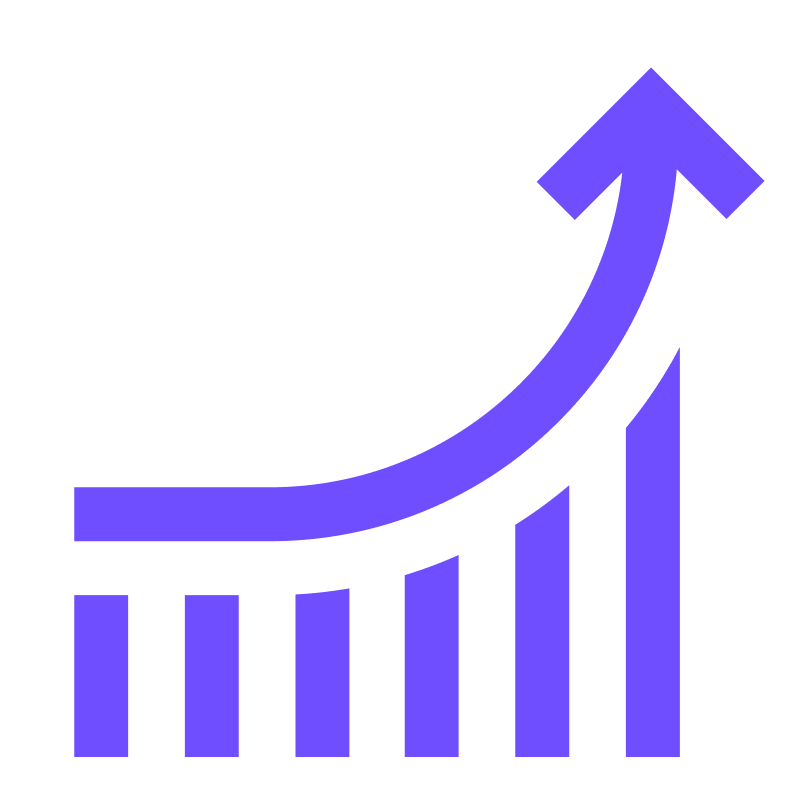




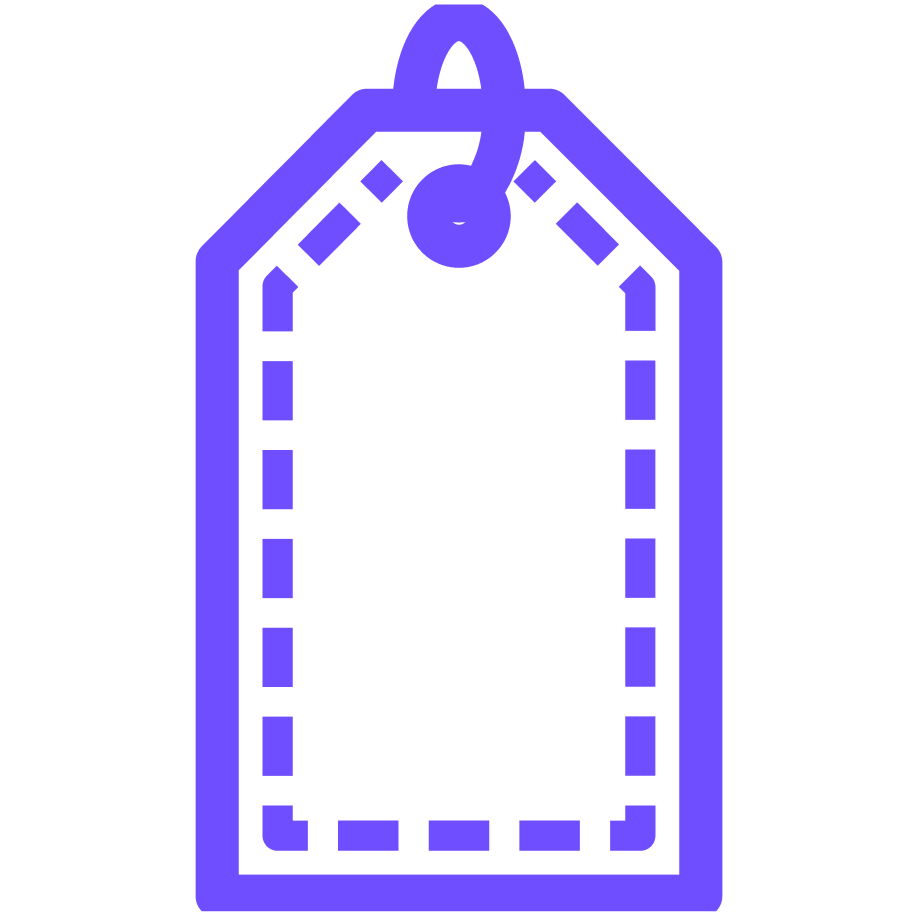
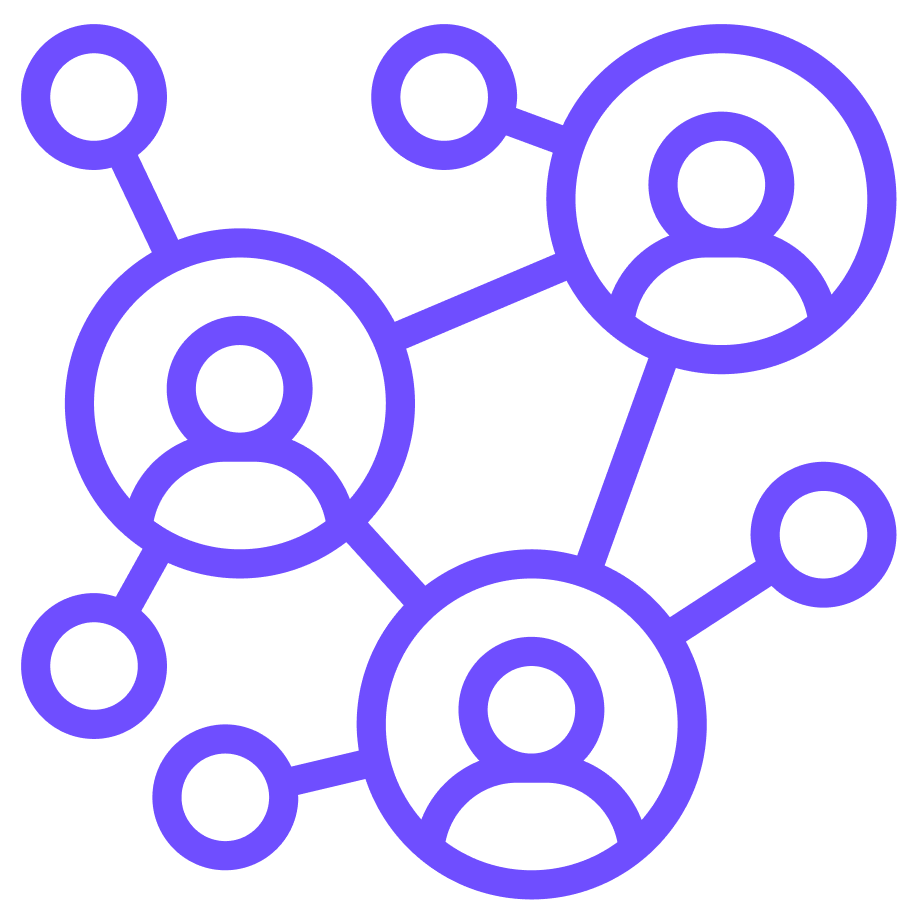
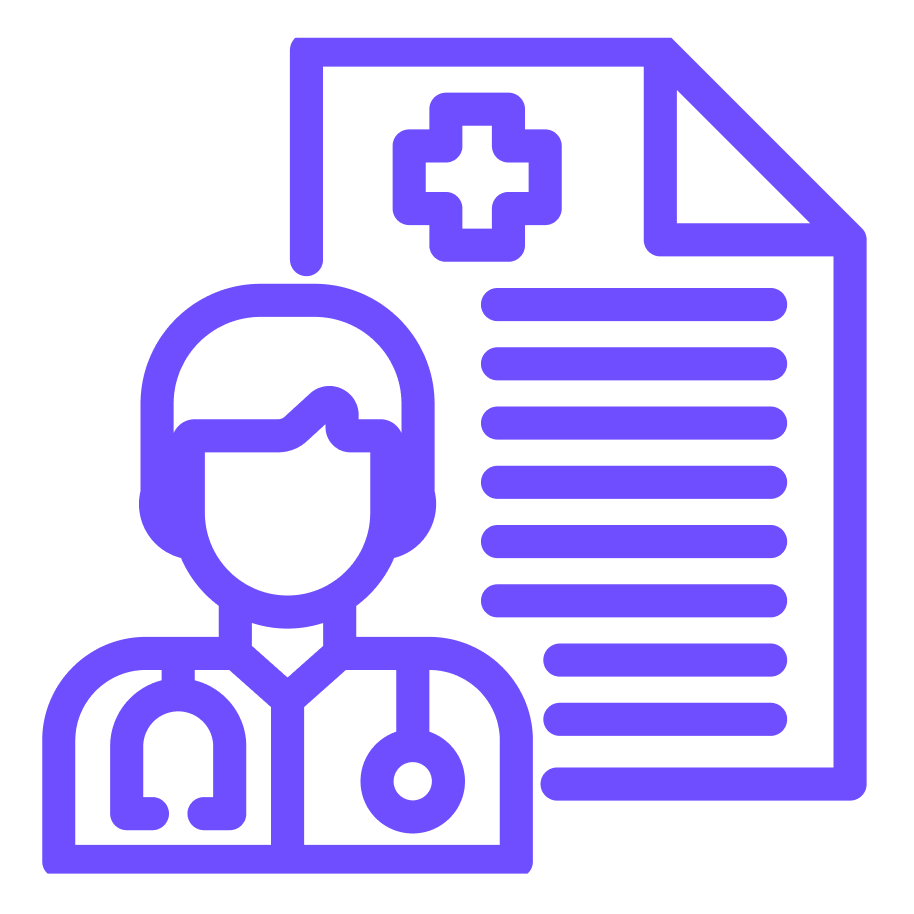
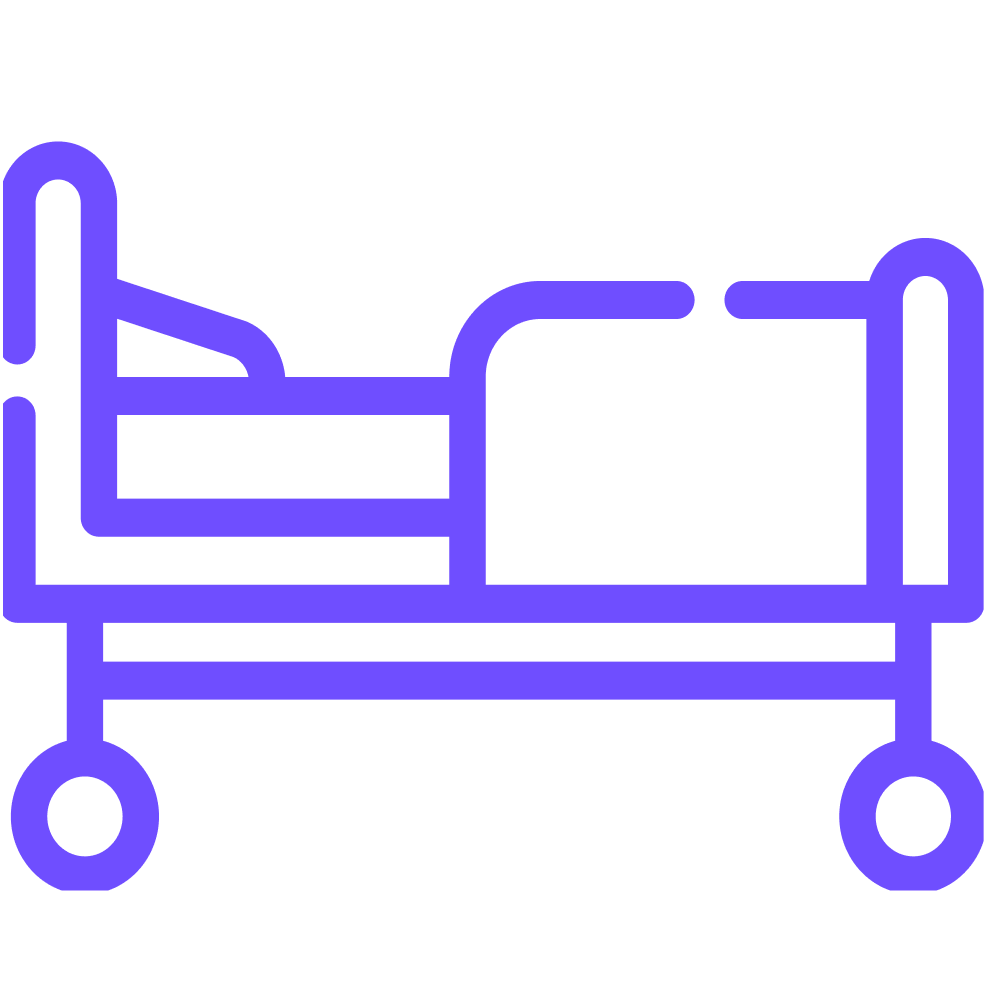
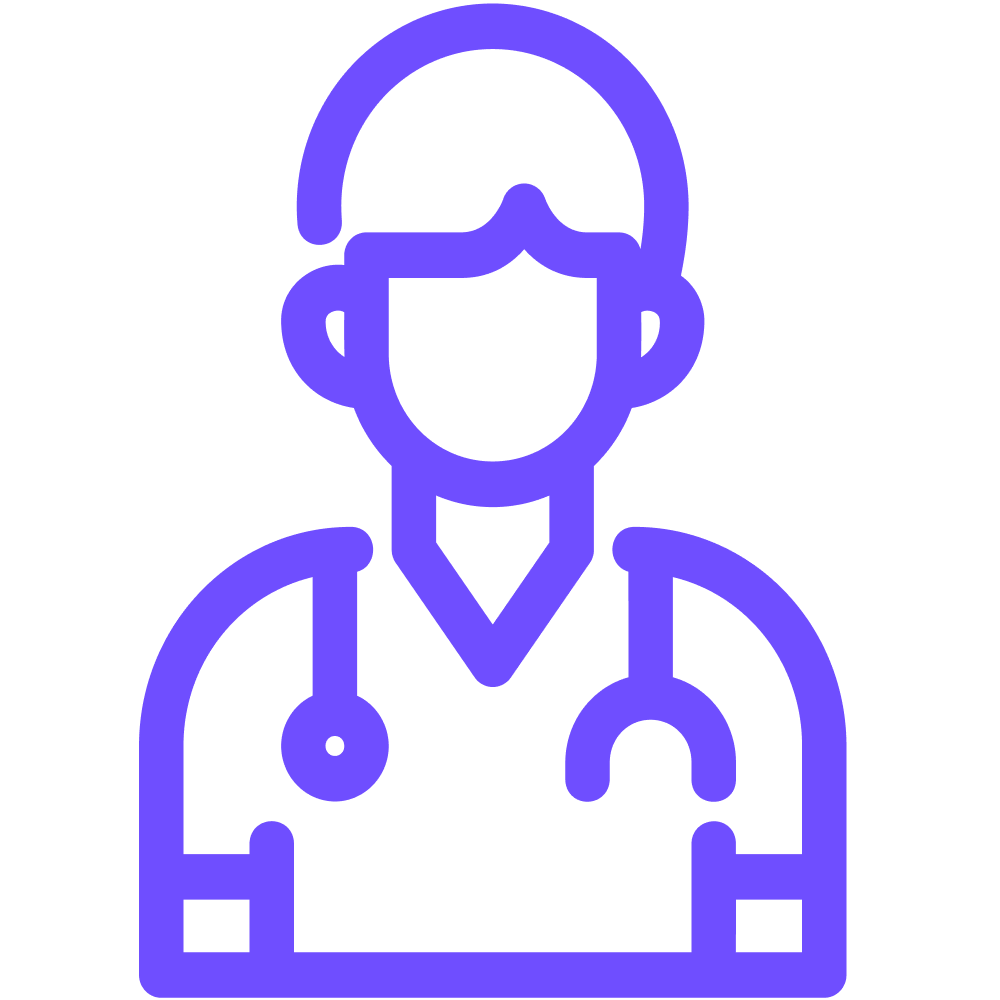
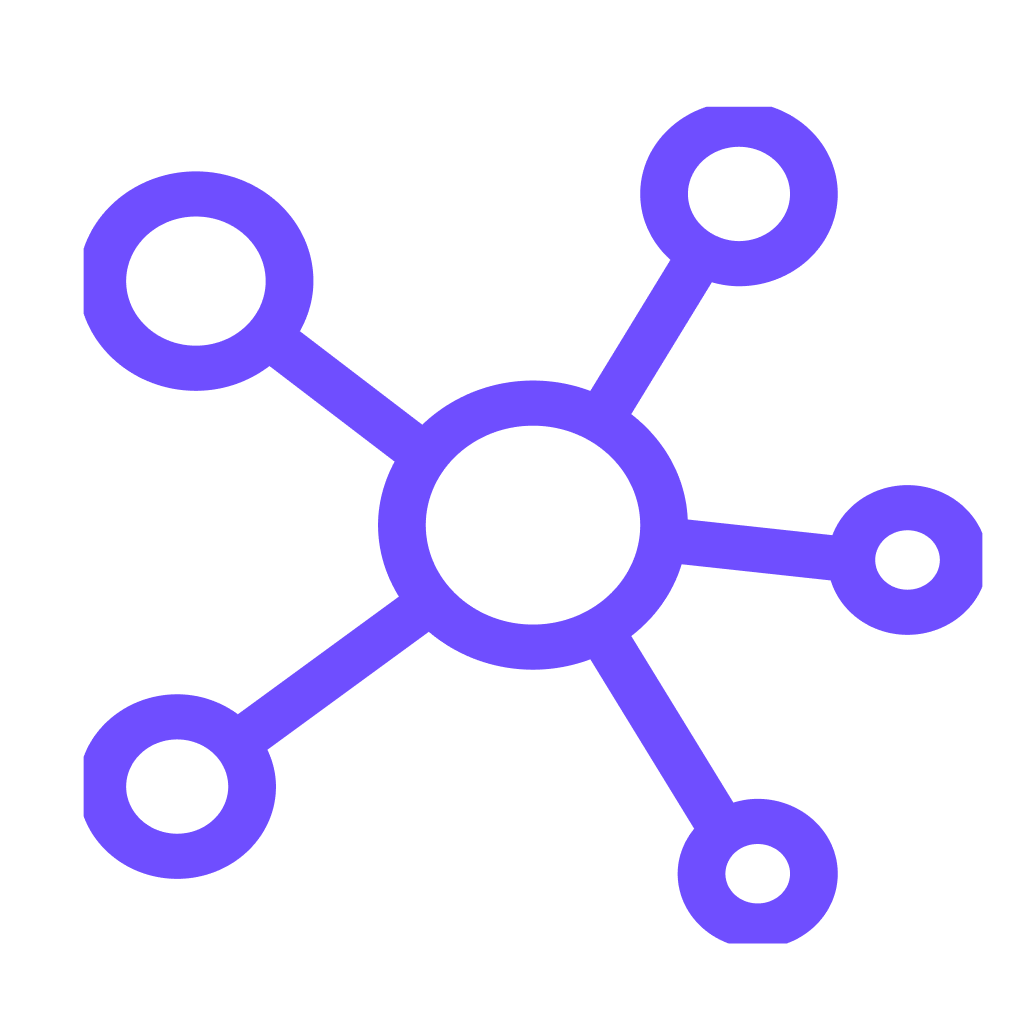
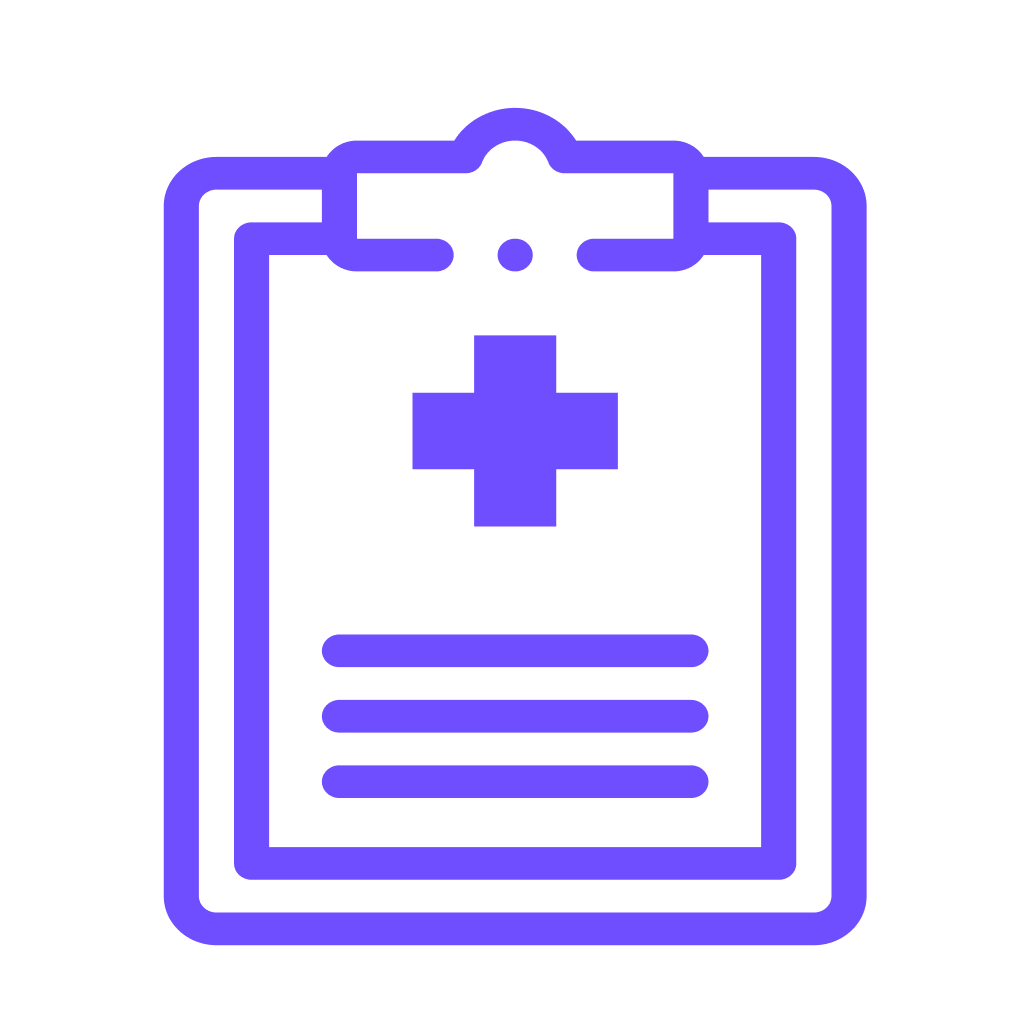
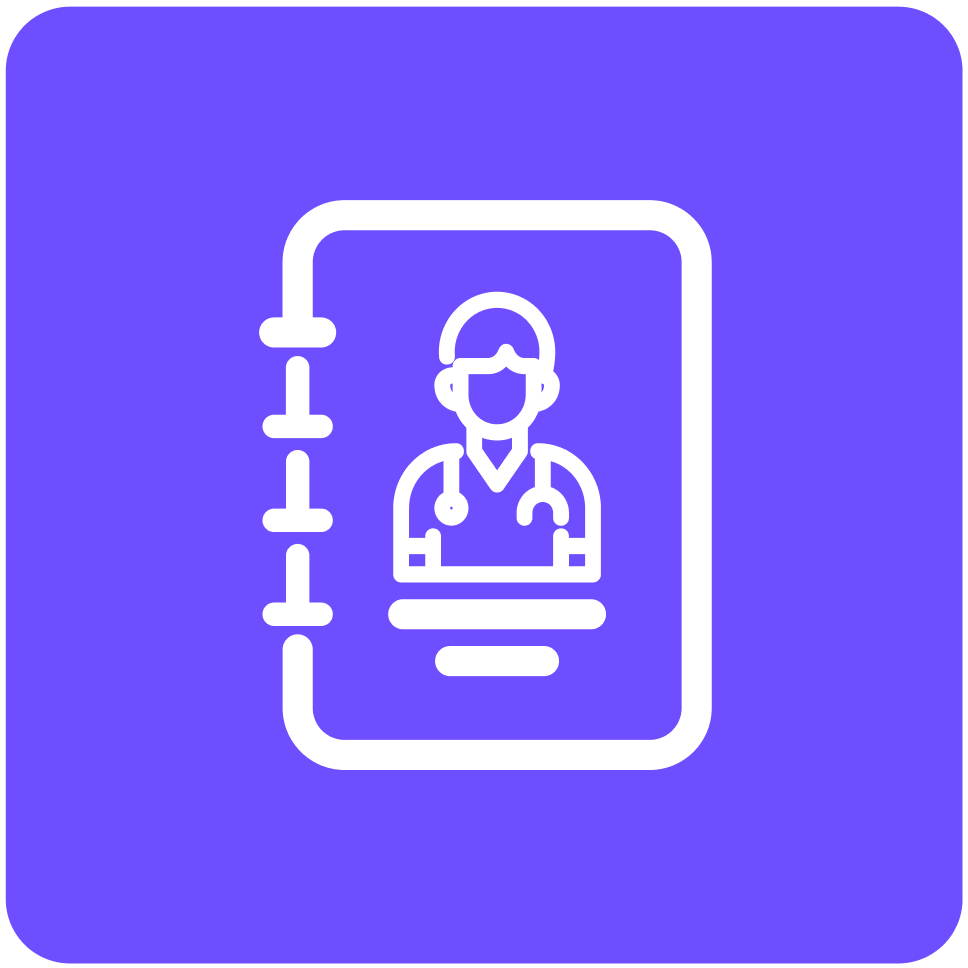
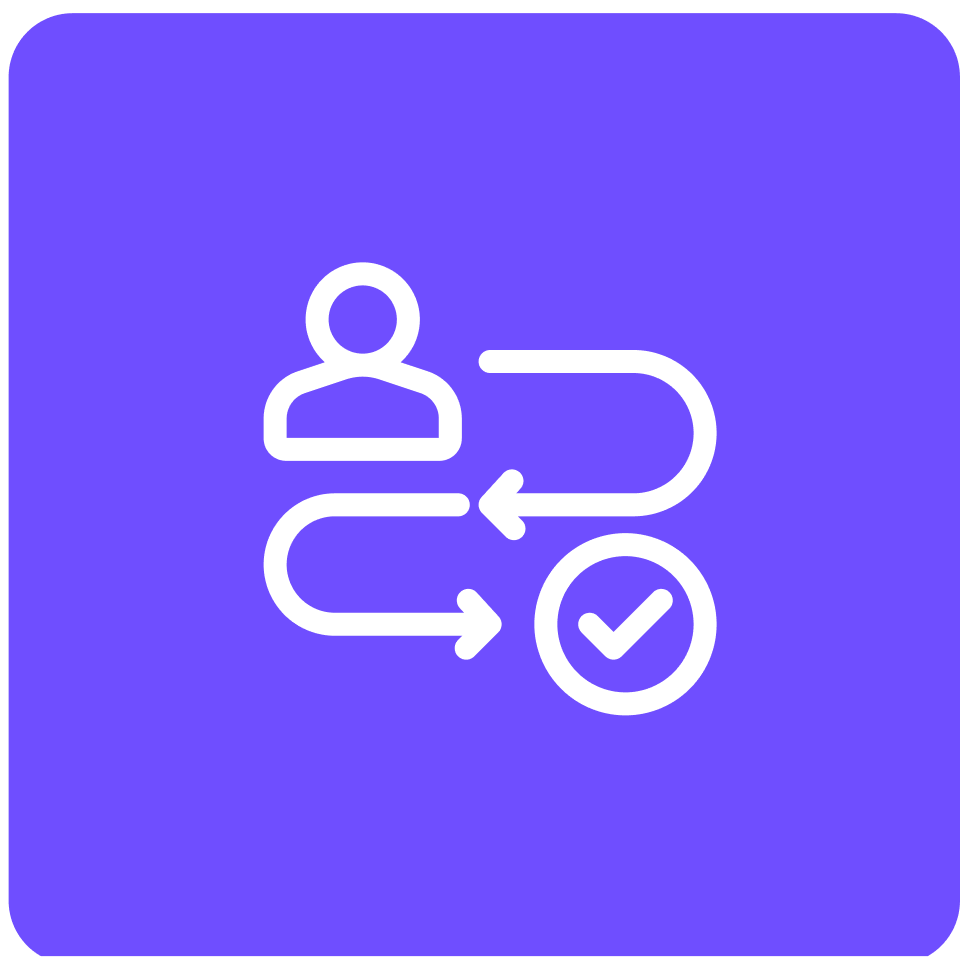
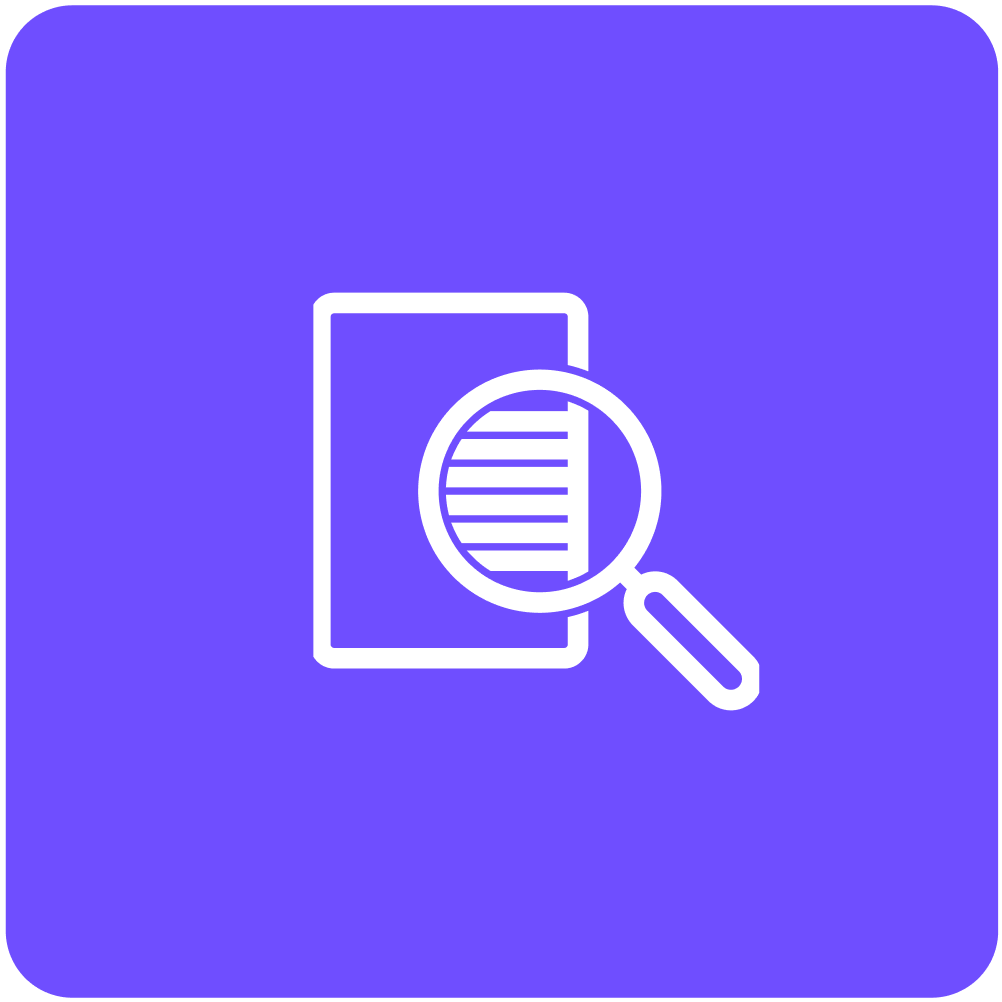


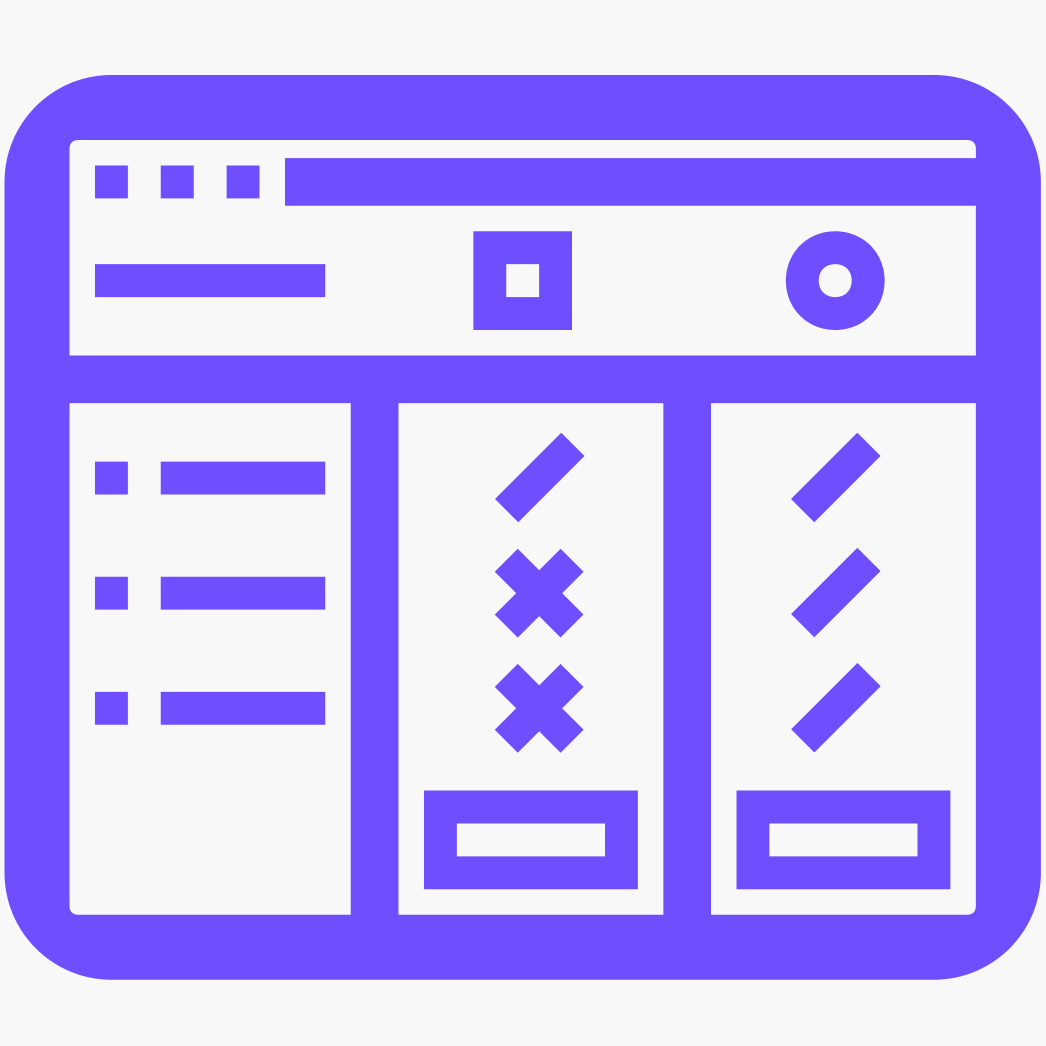
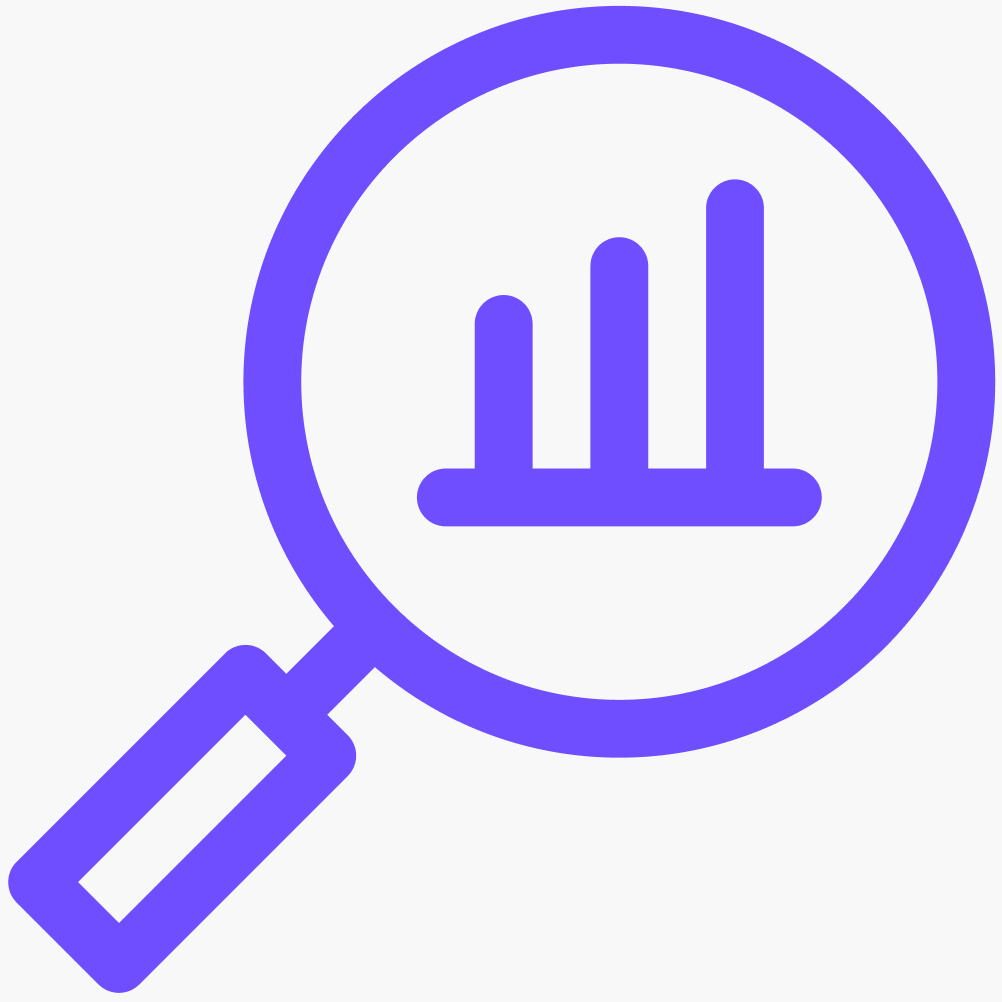
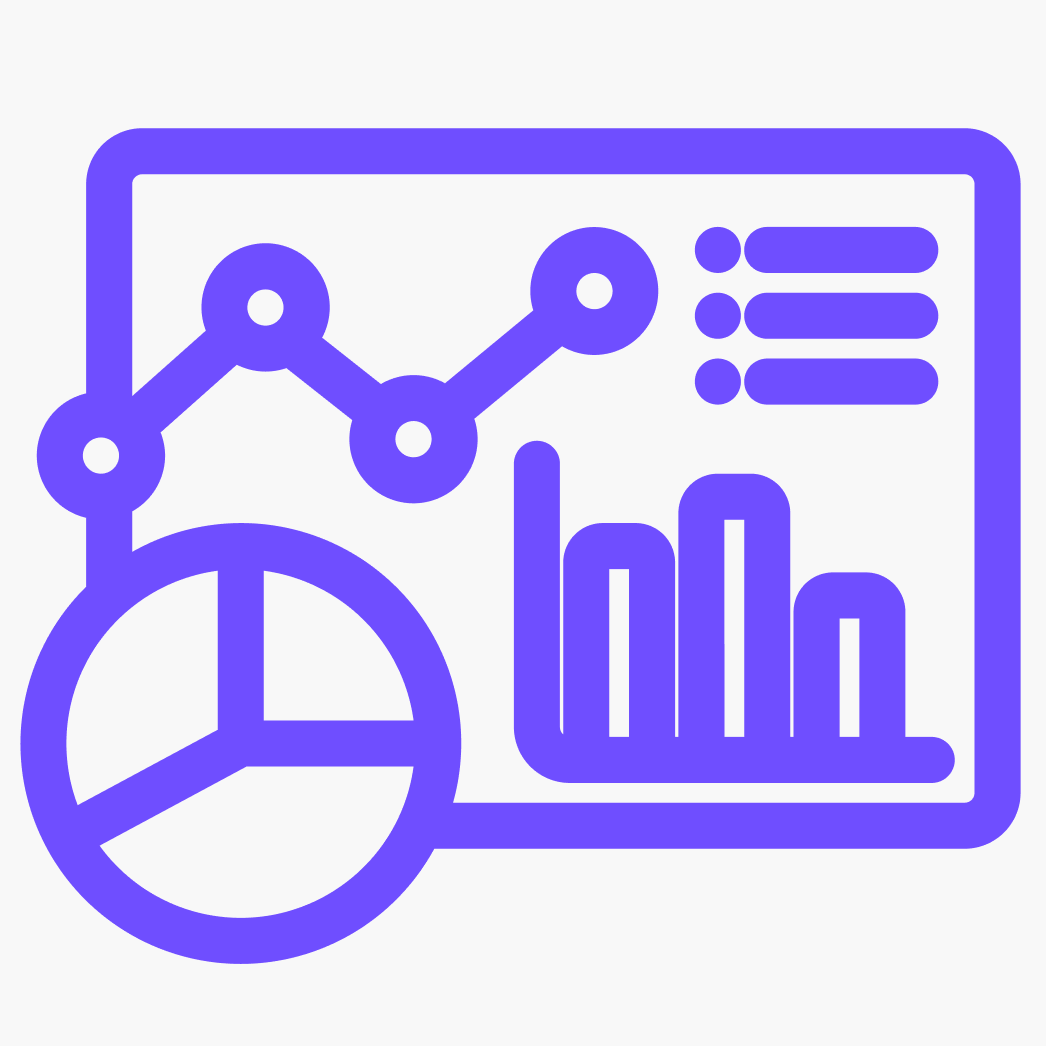
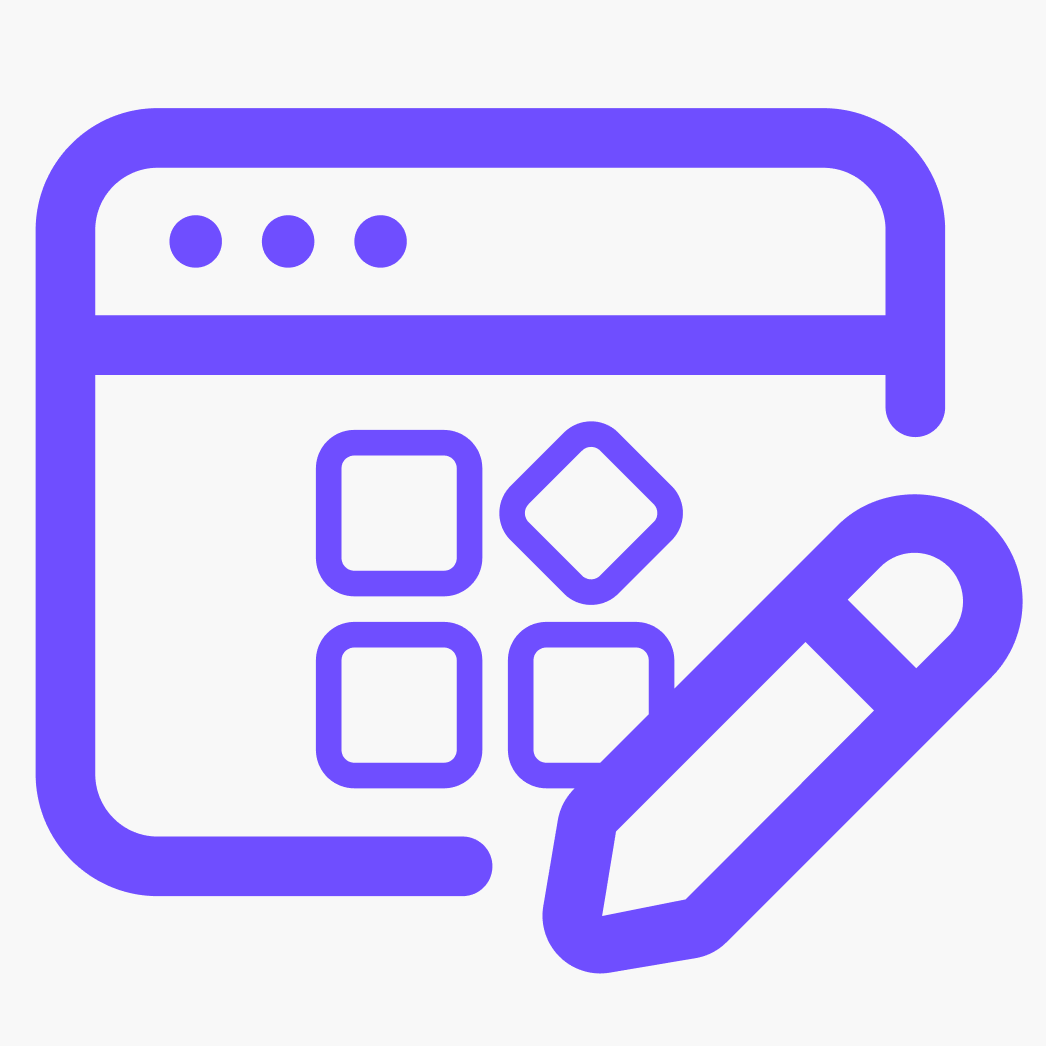
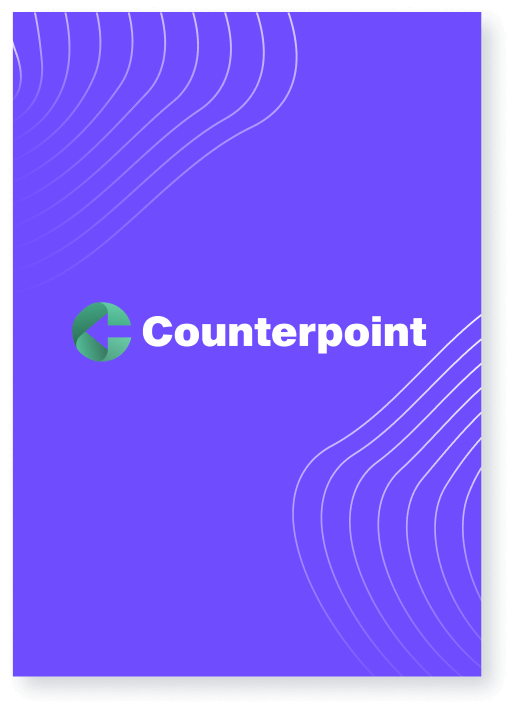
.png)

















.png?width=171&height=239&name=2025%20Trends%20Report%20Nav%20(1).png)
